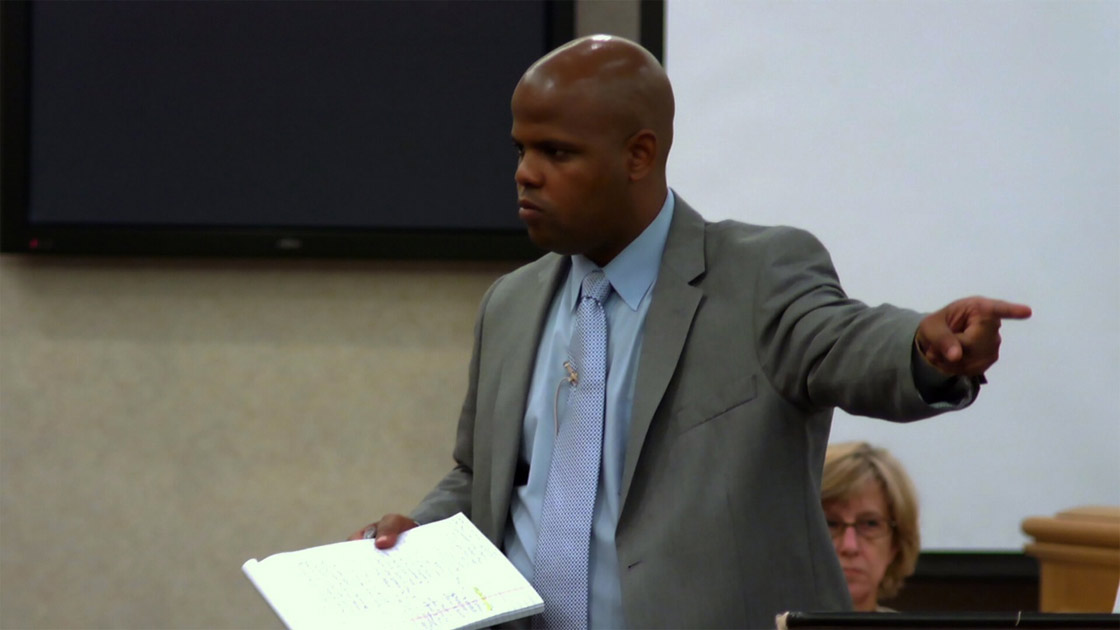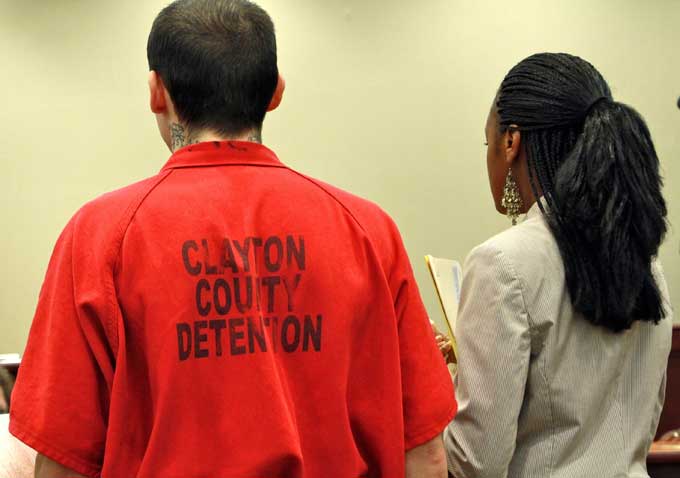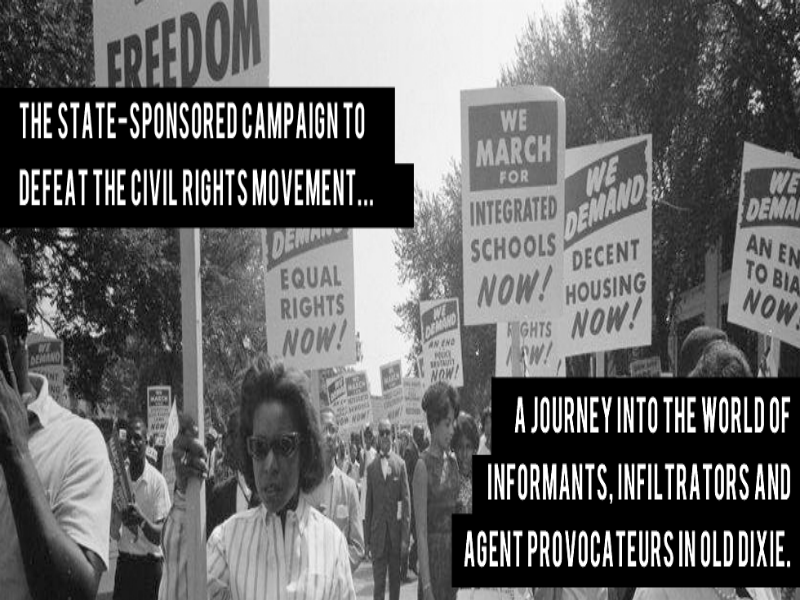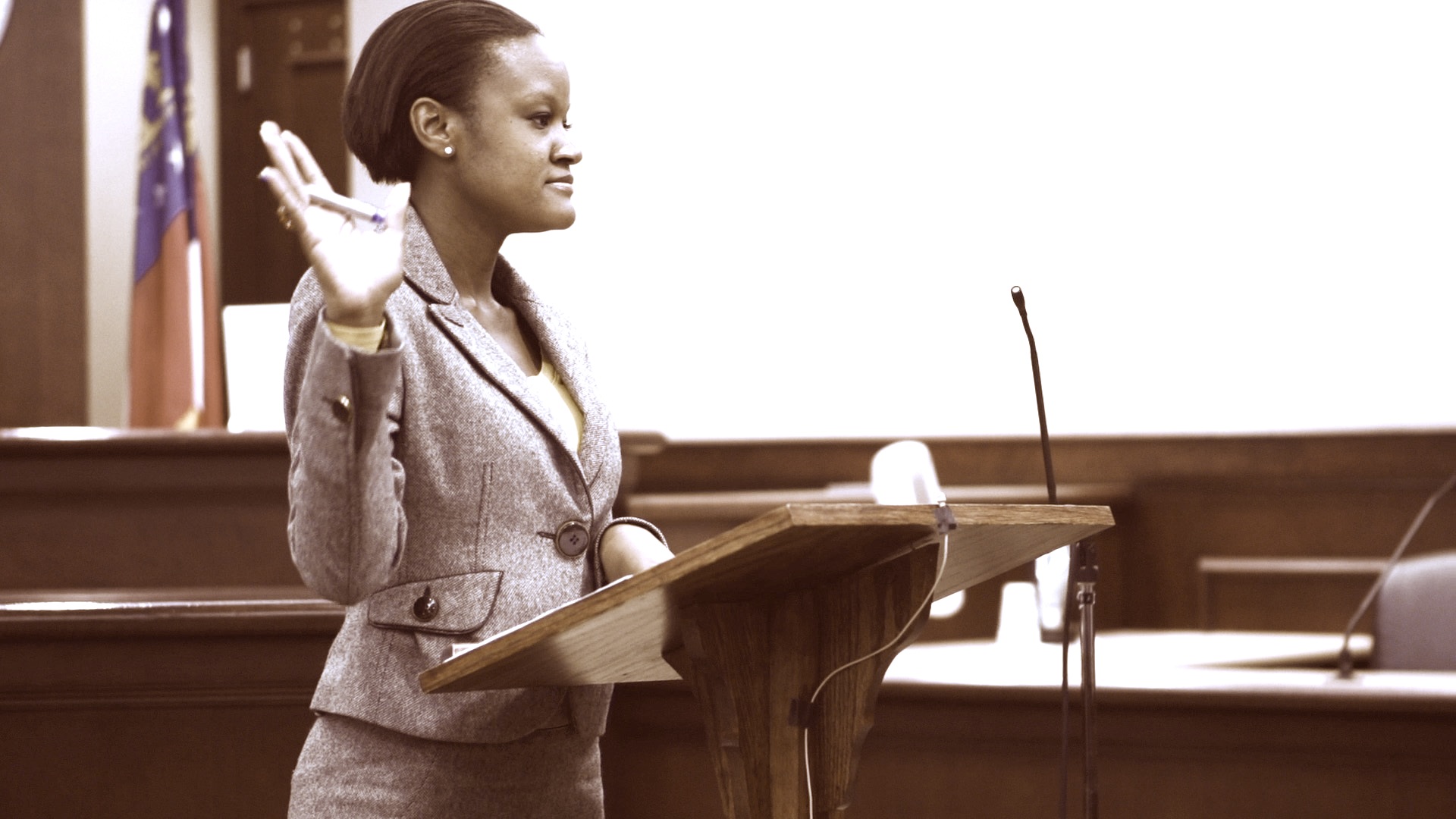By providing your information, you agree to our Terms of Use and our Privacy Policy. We use vendors that may also process your information to help provide our services. This site is protected by reCAPTCHA Enterprise and the Google Privacy Policy and Terms of Service apply.
Here’s Why We Need More Women and Minority Filmmakers

Following, with her permission, is Porter’s keynote speech (edited only slightly for context):
I come to documentary filmmaking from another professional life; this is actually my third career. I was first a lawyer at a corporate firm and then a news network, then a journalist, at ABC News.
 As a young lawyer, I was excited to start work in a prestigious law firm, very excited to make a real salary, and awfully jazzed about my office and bottomless supply closet. I was less focused on a different truth. In the majority black city of Washington, DC, I was the only black associate in my office of 75 lawyers – and this continued for more than 4 years. I’m sure I was less focused on this because it was not that unusual. When you are a minority, you are — well — a minority! We are often the “only” ones in the room, and you learn to adjust.
As a young lawyer, I was excited to start work in a prestigious law firm, very excited to make a real salary, and awfully jazzed about my office and bottomless supply closet. I was less focused on a different truth. In the majority black city of Washington, DC, I was the only black associate in my office of 75 lawyers – and this continued for more than 4 years. I’m sure I was less focused on this because it was not that unusual. When you are a minority, you are — well — a minority! We are often the “only” ones in the room, and you learn to adjust.
READ MORE: 9 Tips On How to Make Your First Documentary
So there I was the only black person in the room many times. There were a lot of women, particularly at the junior worker bee levels, but few partners, the people who made the most money and carried the most influence within the firm. There was one African American partner in my office and he was not an equity partner, the partners who make the real money.
There were also very few mothers – at least from what I could tell — maybe they were hiding their kids somewhere.
I took note, but I didn’t let that deter me. Because if you look at the statistics about women and minorities in leadership positions in private law firms in America, or indeed in corporate life in America, you might be deterred.
After 5 years at the firm I grabbed the opportunity to go into journalism – and after two years as an in-house lawyer, got a job at ABC News as the Director of News Standards and Practices. At ABC, guess what? There were not a lot of black people, a lot of worker-bee women although more women in powerful positions, but they were rarely mothers.
But I loved the work and learned a lot. So much so, I became convinced I could make the leap to full time filmmaker. And could make it my career So once again undeterred, I made this most recent transition.
 So now, here I am, living the dream, full time documentary filmmaker, telling stories I care about, working with people I like, setting my own schedule. And career wise? What do I see? Well, that’s interesting.
So now, here I am, living the dream, full time documentary filmmaker, telling stories I care about, working with people I like, setting my own schedule. And career wise? What do I see? Well, that’s interesting.
You might be familiar with the study commissioned by the Sundance Institute that examined and compared women’s role in filmmaking, particularly women in documentary and narrative, and how many women were sitting in the Director chairs. Here are some things that caught my attention as I continue to think about filmmaking, the career, rather than filmmaking, the ART.
READ MORE: 6 Must Read Tips from Award-Nominated Documentary Filmmaker Marshall Curry
The clear takeaway from the Sundance study was that women fared much better in documentary, and particularly when examining their representation at a prestigious film festival like Sundance. And I think anecdotally that’s true, but we also need to focus on what it means to be better than horrible. Because the statistics about women in film are just that – horrible. So I am very grateful to Patricia Aufderheide and her colleagues for this wonderful data to examine and UCLA’s Ralph J. Bunche Center for African American Studies for their 2014 Hollywood Diversity Report.
Besides the fact that it seems wrong, why do we care if women and people of color are making films and telling stories?
Media images contribute greatly to how we think about ourselves in relation to others. When marginalized groups in society are absent from the stories a nation tells about itself, or when the media images are rooted primarily in stereotype, inequality is normalized and is more likely to be reinforced over time through our prejudices and practices.
So who controls the message matters not just in some fuzzy world of feel good sunshine, but because the social and political questions of our time are impacted by the commercial market. In thinking about some of the most important issues of our time and some of the headlines that are emblematic of these issues: Ray Rice and domestic violence, Latino children crossing the border alone, our nations criminal justice crisis and the killings of so many unarmed black men.
 Those all involve minorities and women. But what if there are no women filmmakers and no filmmakers of color also telling these stories? I do not mean to suggest, and I do not think, you can only tell someone’s story if you have a similar racial or ethnic or gender background. I would be thrilled to pieces if Steve James or Liz Garbus found me fascinating and wanted to give up years of their lives dissecting me! But I do mean that if we agree these are pressing social issues deserving of attention we would do well to assure that a variety of people are in the conversation telling these stories. As much as it may seem we are a diverse group I’d posit to you we are not.
Those all involve minorities and women. But what if there are no women filmmakers and no filmmakers of color also telling these stories? I do not mean to suggest, and I do not think, you can only tell someone’s story if you have a similar racial or ethnic or gender background. I would be thrilled to pieces if Steve James or Liz Garbus found me fascinating and wanted to give up years of their lives dissecting me! But I do mean that if we agree these are pressing social issues deserving of attention we would do well to assure that a variety of people are in the conversation telling these stories. As much as it may seem we are a diverse group I’d posit to you we are not.
For comparison, lets look at the fiction world — and who is controlling the messages there:
In the fiction world, minorities directed 12 percent of 172 of the top films — that’s a whopping 21 out of 172 films.
Women fared much worse. In 2011, women directed just four percent of top films or 7.7 out of 172.
But there are so many factors to be considered in how a fiction film comes together; let’s think about one very basic power center — TALENT AGENCIES.
Three of the biggest agencies represent more than 70 percent of the directors of major films. Those same three agencies represent 65 percent of the writers, and 72 percent of the lead actors, & 70 percent of show creators in cable. So representation matters. And who gets it similarly matters. At least in fiction. These days more and more non-fiction directors are being courted by talent agencies as well. It’s not a far stretch to follow that through to its logical conclusion — if the talent agencies put up the talent, and they get the talent work, and they also have the ability to put together the writers and actors and essentially present a fully packaged film well then it matters if they represent you.
Now here’s an interesting fact:
Minorities account for a stunning 44 percent of frequent moviegoers, that’s exceeds their share of the overall US populations which currently stands at 36 percent. And perhaps unsurprisingly, films with diverse casts do better where Hollywood pays attention — at the box office.
I was sharing this rather gloomy information with my husband and getting cranky about it when he looked at me and said, “This isn’t anything we don’t know, You can’t look at some statistic without context and let it affect how you behave. We have always known if you’re black you need to make your own luck.”
 So, with that in mind, I want to wind down the remarks with some thoughts of a positive and constructive nature:
So, with that in mind, I want to wind down the remarks with some thoughts of a positive and constructive nature:
1. We’re all here. Despite the odds, despite people laughing at us, we’re here. We love this; we want to make it work. That actually is important. A lot of why we make films is for love. And we know how motivating love can be.
2. If we think about documentary careers as careers and not just passion we will all probably be better off. So don’t wait for the phone to ring. Research agents, super producers, and people you’d like to meet. Send them a note introducing yourself and follow up. Also don’t be afraid to Invest in yourself! Go to these conferences and ask real questions you dont know the answer to.
3. Some of us are doing well Winning awards, getting commissions, getting cold calls about projects. For those of you who are in a position to hire folks – think about who you hire for jobs that give people the ability to develop their skill sets. What are you thinking about when you hire someone? And maybe more important — where do you look for talent?
4. It’s okay to ask for help. Superwoman is dead. Let’s talk honestly about support. I mean how can you have a life and make a film? I don’t know any parents who can stay away on location indefinitely, and let’s face it, this may be an even bigger issue for mothers. I have Skyped homework sessions with my sons, have ordered Fresh Direct from a crew car and signed kids up for swim meets while waiting for footage to download. As difficult as this can be, I know my children enrich my life and are part of the reason I am working so hard. I really do want their world and their opportunities to be better. So I need to ask for help. I need to say ‘no’ to some things I’d love to do.
5. Finally, don’t apologize for wanting to work. Don’t make excuses for people who don’t hire you. But if they won’t or can’t open doors, band together and figure out how to open them yourself. If someone said to me “if you leave your direct deposit job with a major corporation with free heath care you will be okay; HBO will buy your film; it will premiere at Sundance and win an award and it will reach so many people you will be floored,” I would have thought they were crazy. And yet here I am. Nothing went as I expected, I had to make a lot of hard decisions, but I made them for better or worse, I put myself out there, I took a risk, I failed and then I had some success.
READ MORE: Female Directors at Sundance Have a Long Way to Go, Study Shows
By providing your information, you agree to our Terms of Use and our Privacy Policy. We use vendors that may also process your information to help provide our services. This site is protected by reCAPTCHA Enterprise and the Google Privacy Policy and Terms of Service apply.















